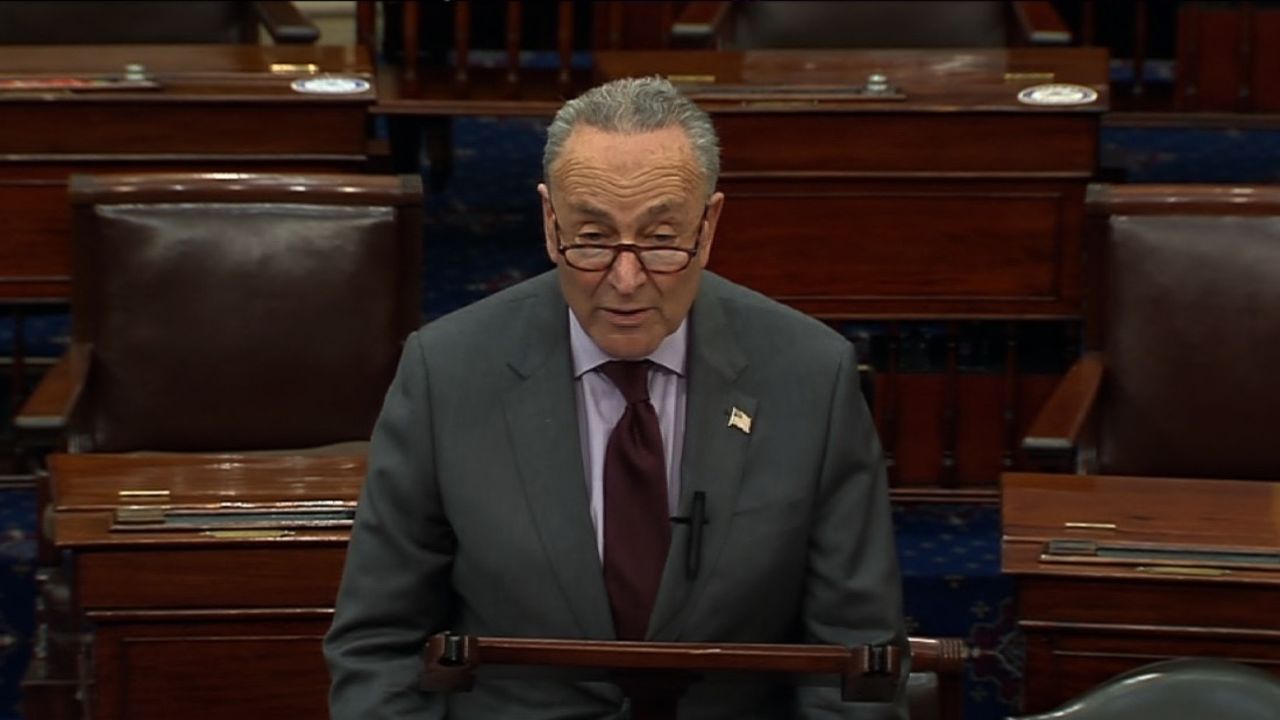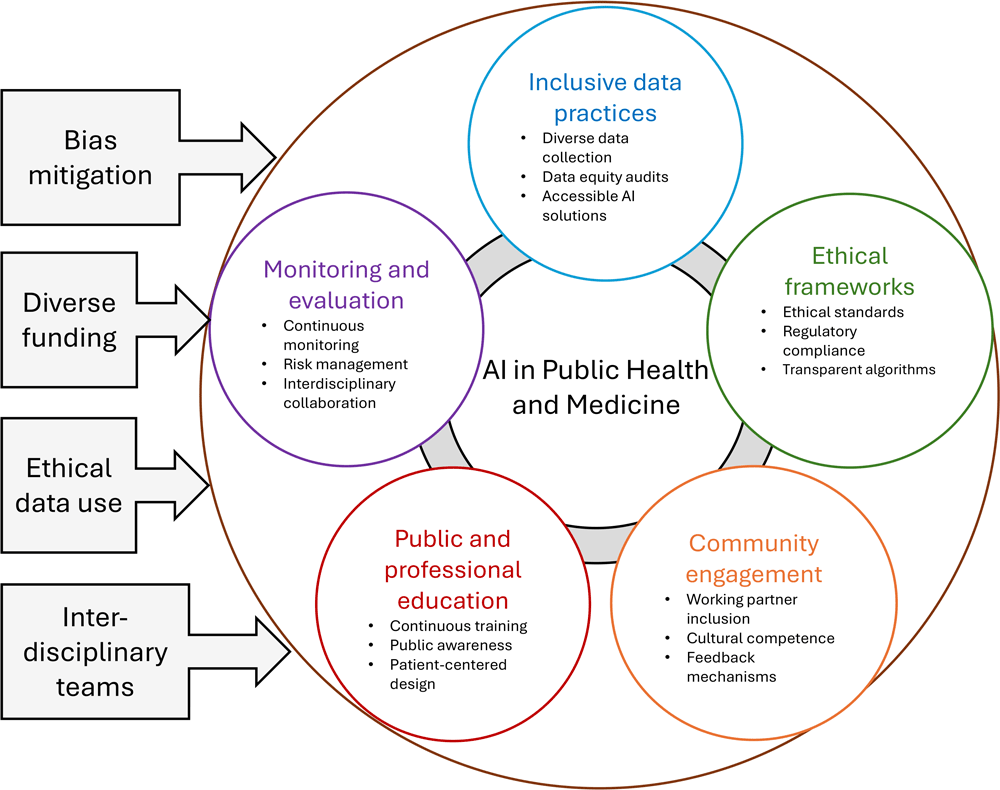AI Thrives in a Regulatory Vacuum
The artificial intelligence sector is on the cusp of a $100 billion backlash as major tech leaders testify before Congress about the urgent need for oversight. The absence of comprehensive federal legislation has allowed AI to develop unchecked, leading to significant ethical dilemmas and privacy concerns. As reported by Brookings, the potential for public outrage is growing, fueled by fears of misuse and abuse of AI technologies.
Ethics and Privacy Issues Are Pervasive
According to a review on ethical dilemmas and privacy issues in emerging technologies, understanding the ethical frameworks behind AI development is crucial. The social contract and utilitarianism offer insights into how we might navigate these complex waters. Policymakers must map these ethical theories to legal frameworks to mitigate privacy violations. Without the intersection of ethical understanding and robust privacy laws, we risk exacerbating inequities in technology governance, as noted in PMC.

Senate impeachment trial arguments to start February 9 | CNN Politics
History Shows Need for Proactive Measures
The history of technology governance in the U.S. underscores the necessity for proactive measures. For example, the Genetic Information Nondiscrimination Act (GINA) restricted industries from accessing sensitive data to prevent inequities. This precedent illustrates how government intervention can play a critical role in safeguarding civil rights in the face of rapidly evolving technologies, as detailed in NCBI.
Policymakers Lack Understanding of Tech Developments
A significant barrier to effective regulation is the inadequate understanding of technological advancements among policymakers. The need for better resources to help decision-makers grasp technological developments is urgent. The complexities of AI require an informed approach to governance that is currently lacking, according to a report from Stanford.

Health Equity and Ethical Considerations in Using Artificial ...
Future of AI Regulation Remains Uncertain
Despite the growing calls for regulation, no comprehensive federal laws have been enacted to govern AI. This regulatory gap creates an environment where ethical misuse could flourish unchecked. As reported by Congress, the urgency of establishing oversight mechanisms cannot be overstated. The implications of inaction could lead to significant financial and reputational damage for the industry, which is already facing scrutiny from the public and lawmakers alike.

![[Video] Anti-ICE Protester Pepper Sprayed as CBP Agents Disperse Crowd in Minneapolis](/_next/image?url=%2Fapi%2Fimage%2Fthumbnails%2Fthumbnail-1768260677127-y71sb7-thumbnail.jpg&w=3840&q=75)

![[Video] Several injured as U-Haul truck drives through Iranian protestors in Los Angeles](/_next/image?url=%2Fapi%2Fimage%2Fthumbnails%2Fthumbnail-1768176682028-q95y6j-thumbnail.jpg&w=3840&q=75)
![[Video] Scuffle breaks out between Trump supporters and Anti-ICE protesters in Times Square](/_next/image?url=%2Fapi%2Fimage%2Fthumbnails%2Fthumbnail-1768165958203-hgcgb-thumbnail.jpg&w=3840&q=75)


![[Video] Gunfire between Iraqi security forces and Sadr militias in Baghdad](/_next/image?url=%2Fapi%2Fimage%2Fthumbnails%2Fthumbnail-1768343508874-4redb-thumbnail.jpg&w=3840&q=75)
